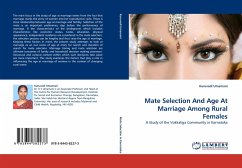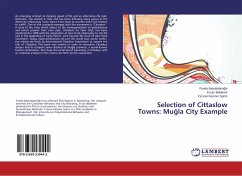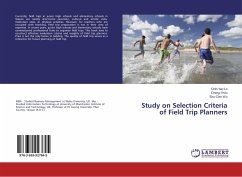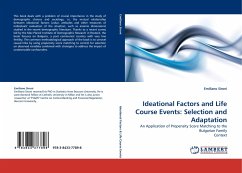Marriage, in Indian social system, acquires an important place. The custom of marriage is largely governed by the fixed social customs and norms carried out from one to another generation. However, under the wave of present modernization, lot of changes has been observed in different dimensions of mate selection and marriage process. Although, a number of studies across the globe have documented the impact of education, employment and other proxies of modernisation on age at initiation of marital formation, the impact of changes in other dimensions of mate selection such as changes in marriage norms, laws pertaining to age at marriage, mate selection criteria, selection process, cost of marriage and many more on age at first marriage have not been discussed in detail. The views of unmarried individuals on mate selection and their transition to marriage under different circumstances also remained a neglected area for discussion. Using the first hand data, collected from the urban part of Varanasi District of Uttar Pradesh from the two generation population, this study explores the recent dynamics of marriage and mate selection in India.
Hinweis: Dieser Artikel kann nur an eine deutsche Lieferadresse ausgeliefert werden.
Hinweis: Dieser Artikel kann nur an eine deutsche Lieferadresse ausgeliefert werden.








